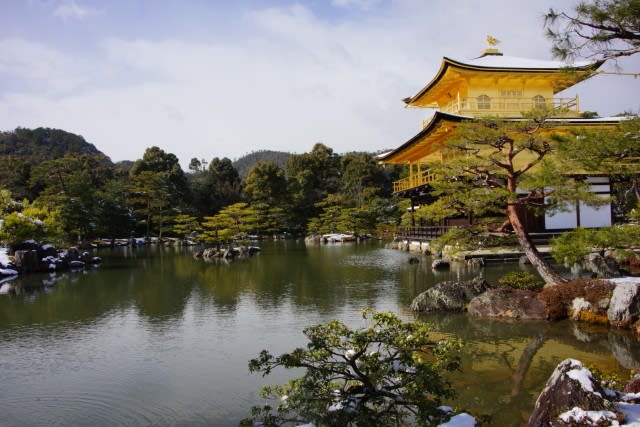The following is from the serial column of Ms. Yoshiko Sakurai, who brings the weekly Shincho released today to a successful conclusion.
This article also proves that she is a national treasure, a supreme national treasure defined by Saicho.
Mr. Shintaro's passions that we don't want to forget
Mr. Shintaro Ishihara was a pleasant man. When it came time to speak seriously, he was polite and had a sense of humor.
He hid it behind a sharp tongue.
On the afternoon of October 12, 2007, Mr. Tadae Takubo and I visited Mr. Shintaro in the governor's office of the Tokyo Metropolitan Government.
We asked him to be the director of the National Institute for Basic Problems, a think tank that we established with the aim of "rebuilding Japan."
They were born in September 1932 and February 1933, respectively, at the same time, and their ideological beliefs overlapped in many ways, and I believe they respected each other.
When I explained the purpose of establishing the National Institute for Basic Biology, Mr. Ishihara said one word, "I understand." There were no unnecessary questions.
He then said, "An organization of this kind needs funds. I am always available for consultation."
Many people helped us in establishing the National Institute for Basic Biology, but Mr. Shintaro was the one who even cared about funds.
We had such a common understanding of Japan's issues and what needed to be done as soon as possible that we did not need to reconfirm our knowledge.
In December, about two months after my visit to Mr. Ishihara, the National Institute for Basic Biology held a modest opening of its office, which has continued to this day.
I had conversations with Mr. Ishihara on various occasions.
In August 2015, the 70th anniversary of World War II, he appeared on "Speech TV."
Mr. Ishihara retired from politics in 2014 after working as a writer, a member of parliament, the governor of Tokyo, and a member of parliament again.
Just before his appearance on Speech TV, he had published a book titled "Standing at the crossroads of history, a retrospective of 70 years after the war" (hereafter referred to as "the crossroads of history") from PHP Institute.
My conversation with him naturally led to the memory of the war.
The peace that Japanese people enjoyed after the war was the peace of enslaved people. Or, in other words, it's the peace of a kept woman. It's peace of Mistress," Ishihara said.
In response, Professor Joseph Nye of Harvard University, a close friend of Ishihara, said, "Kept woman, don't be a mistress."
So Ishihara asked him what he should say.
He said he wanted me to say, "Good Friend, I told him not to say anything stupid."
Flimsy thoughts
The point that postwar peace in Japan is that of slavery is essentially correct.
The Japanese lost many vital things in exchange for the peace they gave to us without any effort.
You can understand what they are by reading the Asahi Shimbun.
That day, I was fixated on an article on the front page of the evening edition of Asahi on August 3, 2003.
The actor Mr. Shun Oguri asked Mr. Kaname Harada, then a 98-year-old pilot of the Zero fighter plane, the following question.
"How did you realize that you were a murderer?"
Do you ask the person who fulfilled his life-threatening mission in the war?
When the Asahi reporter asked Mr. Oguri what he could do by confronting the pilot's voice, Mr. Oguri replied. "It means to have a love for others. If you don't like something, you don't do the same thing to others."
There is no knowledge or understanding of the history of Japan's decision to go to war here.
There is no knowledge or understanding of the history of Japan's decision to go to war, only a flimsy thought of what it means to fight on the battlefield.
Mr. Ishihara commented on this, saying, "I guess it's the simplistic values that postwar education has fostered. I think the spirit of that comes from the Constitution we received."
Mr. Ishihara continued.
"I think a man who has to ask such a question is pitiful."
I agreed with him.
While severely criticizing the government's policy decisions that led to the defeat in the war, all Japanese people must express their deepest gratitude to those who fought in that terrible war, to those who gave their lives to protect their families, their hometowns, and their country as a whole, and to pass on the thoughts of their predecessors as something precious.
Mr. Ishihara talked about the sentiments of these people, and the topic turned to the memory of Tome Torihama, who was known as the mother of suicide attackers.
Mr. Ishihara said he met Tome in 1966.
This article continues.




















